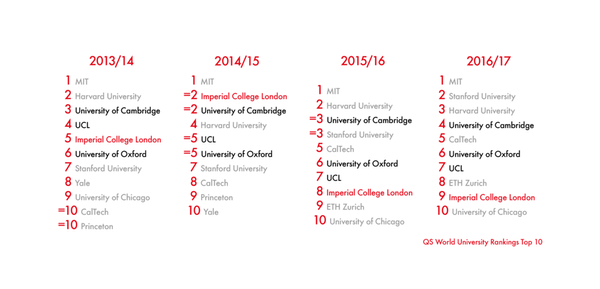Imperial divestment campaign revived
But will it succeed where the last one failed?

This Monday will see the relaunch of the fossil fuel divestment campaign at Imperial. The new campaign will be called Divest Imperial, and at the official Launch Party on Monday evening campaigners are hoping to convince students that the recent successes of divestment groups such as the one based in King’s, can be replicated at Imperial.
Many universities, and other public bodies such as councils and funding bodies, have large investment portfolios consisting of stocks and shares in a wide range of companies. The portfolios usually serve as an additional revenue stream for the university, and are typically comprised of shares in a range of different companies and sectors. This often includes large amounts invested in fossil fuel companies. Divestment campaigners argue that by investing in fossil fuel companies, universities are tacitly endorsing their behaviour and business models. Imperial’s own endowment of £126.2 million is used to “deliver a material and growing source of unfettered funds for the academic mission”. Of this figure, about five million is directly invested in fossil fuel companies, with further investments in externally managed funds which may also contain fossil fuel shares. Alongside money it receives for research funding, this places Imperial third in the UK for its financial dependence on fossil fuel companies, behind Manchester and Cambridge.
Fossil fuel divestment began in the US in 2011, and 35 US universities have committed to divest up to this point in time. Most, such as Boston University and Georgetown University, have divested from fossil fuels entirely; others including Yale, Stanford, and Columbia have begun by divesting from the most heavily polluting fuels, usually coal and tar sands.
The UK, however, is leading the movement, with 45 universities – over a quarter of all universities in the country – having announced divestment proposals following student pressure. High profile institutions such as Edinburgh, Oxford, and the LSE are among those committed to divestment, and a rising divestment tide in London looks set to engulf UCL, precipitated by the successful King’s divestment campaign.
Globally, the divestment movement is growing exponentially. Having begun with a handful of college campuses six years ago, by late 2015 some $2.6 trillion of investments had been removed from fossil fuels companies, representing around 400 institutions and huge numbers of individual investors (including Leonardo DiCaprio). Just a year and a half later, another 300 institutions have announced divestment commitments, and the total funds divested have more than doubled to $5.46 trillion. Divest Imperial campaigners hope that they can capitalise on this trend to push for divestment at Imperial.








